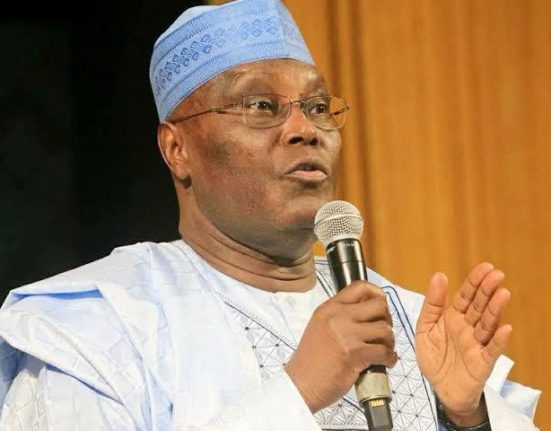The political chessboard in Rivers State tilted once again as the results of the August 30, 2025, local government elections were declared. The Rivers State Independent Electoral Commission (RSIEC) announced that the All Progressives Congress (APC) secured 20 out of 23 chairmanship seats, leaving the Peoples Democratic Party (PDP) with just three. The outcome reflected a sweeping victory for the APC in strategic areas such as Obio/Akpor, the stronghold of Federal Capital Territory Minister Nyesom Wike, and Opobo-Nkoro, the home local government of Governor Siminalayi Fubara, who lost to the opposition. Interestingly, observers noted that both APC and PDP winners are largely Wike’s loyalists, highlighting his restored dominance across the state’s political landscape.
Former Vice President Atiku Abubakar strongly rejected the results, describing the poll as “an awful absurdity and a travesty to the very notion of elective democracy.” In a post on X, Atiku condemned the conduct of the elections under the administration of President Bola Tinubu, arguing that the process was shameful and shambolic. He urged the Nigerian public, the international community, and opposition parties in Rivers State to reject the outcome, insisting that the electoral commission lacked the legitimacy to organize such a crucial exercise. According to him, the elections undermined the democratic rights of Rivers people and represented a dangerous trend for the country’s political future.
Analysts interpret the results as a major political comeback for Wike, who has been locked in a protracted feud with his estranged political protégé, Governor Fubara. Their disagreement, which began in late 2024, escalated into a full-blown crisis marked by a factionalized House of Assembly, bombings, and ultimately the declaration of a state of emergency in Rivers State. President Tinubu suspended Governor Fubara in March 2025 and appointed retired naval chief Vice Admiral Ibok-Ete Ibas as administrator of the state. Since then, Wike’s camp has benefited significantly from the administrator’s appointments, further strengthening his grip on the state’s structures.
The controversial elections were conducted under RSIEC Chairman Dr. Michael Odey, who was appointed by Ibas following the Supreme Court’s nullification of a previous commission. While Odey described the elections as peaceful and praised the electorate for their cooperation, critics argue that voter apathy and irregularities cast a shadow over the credibility of the process. Former federal lawmaker Ogbonna Nwuke noted that the results contradicted the low turnout observed on election day, while elder statesman High Chief Sunnie Chukumele dismissed the entire exercise as an aberration, citing a subsisting Supreme Court judgment that had invalidated similar elections in the state.
Despite the controversy, one notable development was the gender-balance arrangement adopted in the poll: all chairmen-elect are men, while all vice chairmen-elect are women, continuing a political tradition introduced by Wike during his tenure as governor. Still, the deeper implications of the election results point to Wike’s successful reassertion of control at the grassroots level, leaving Governor Fubara politically weakened as the September 18 expiration of the emergency rule looms.



